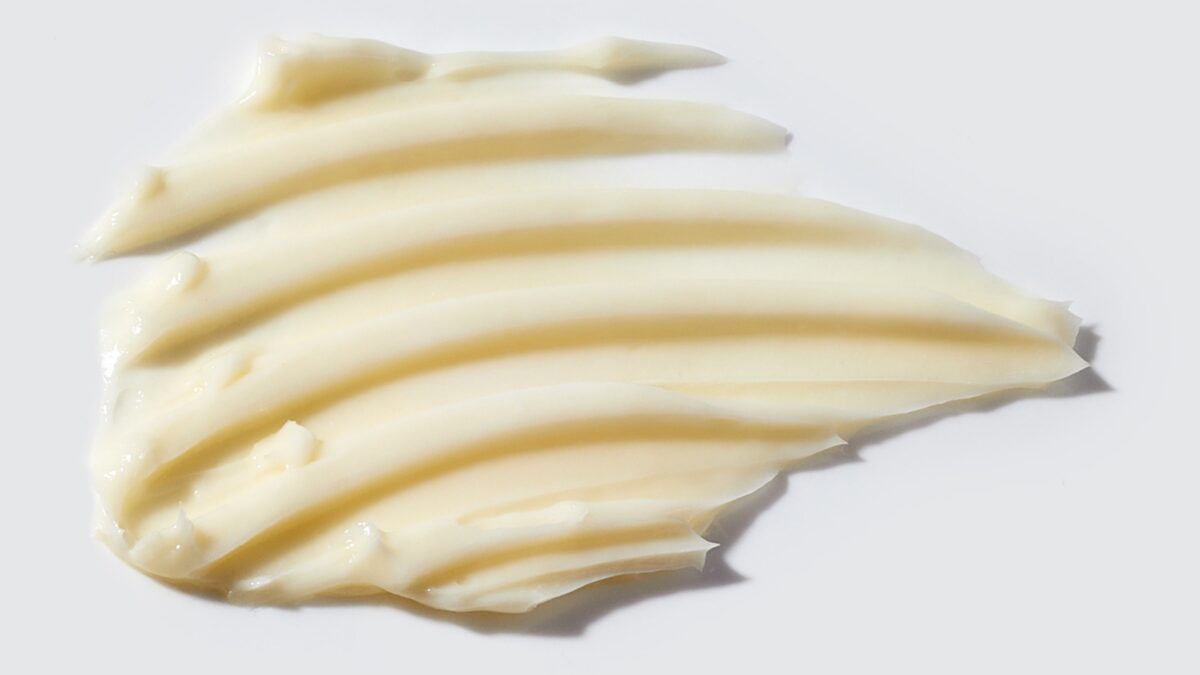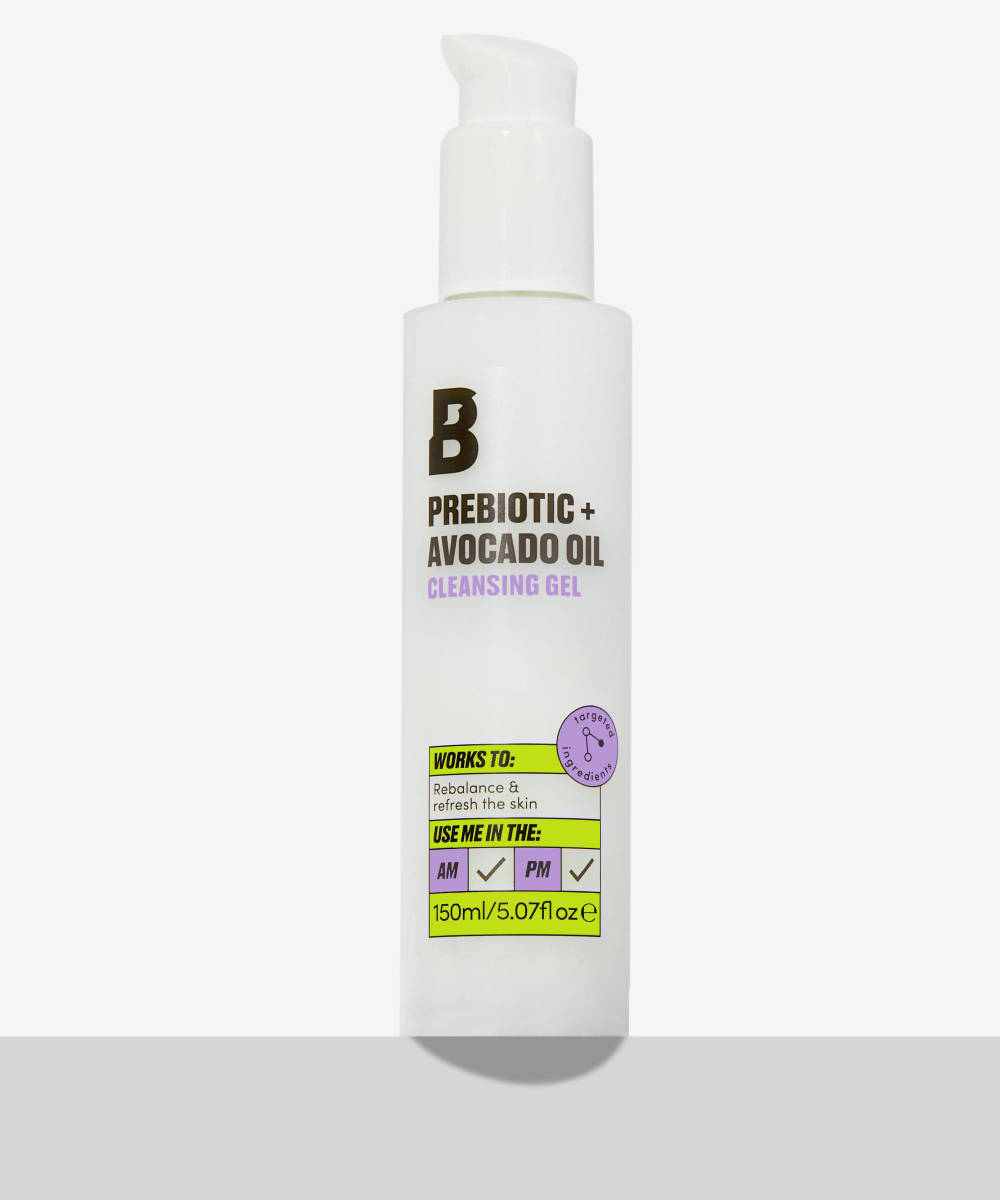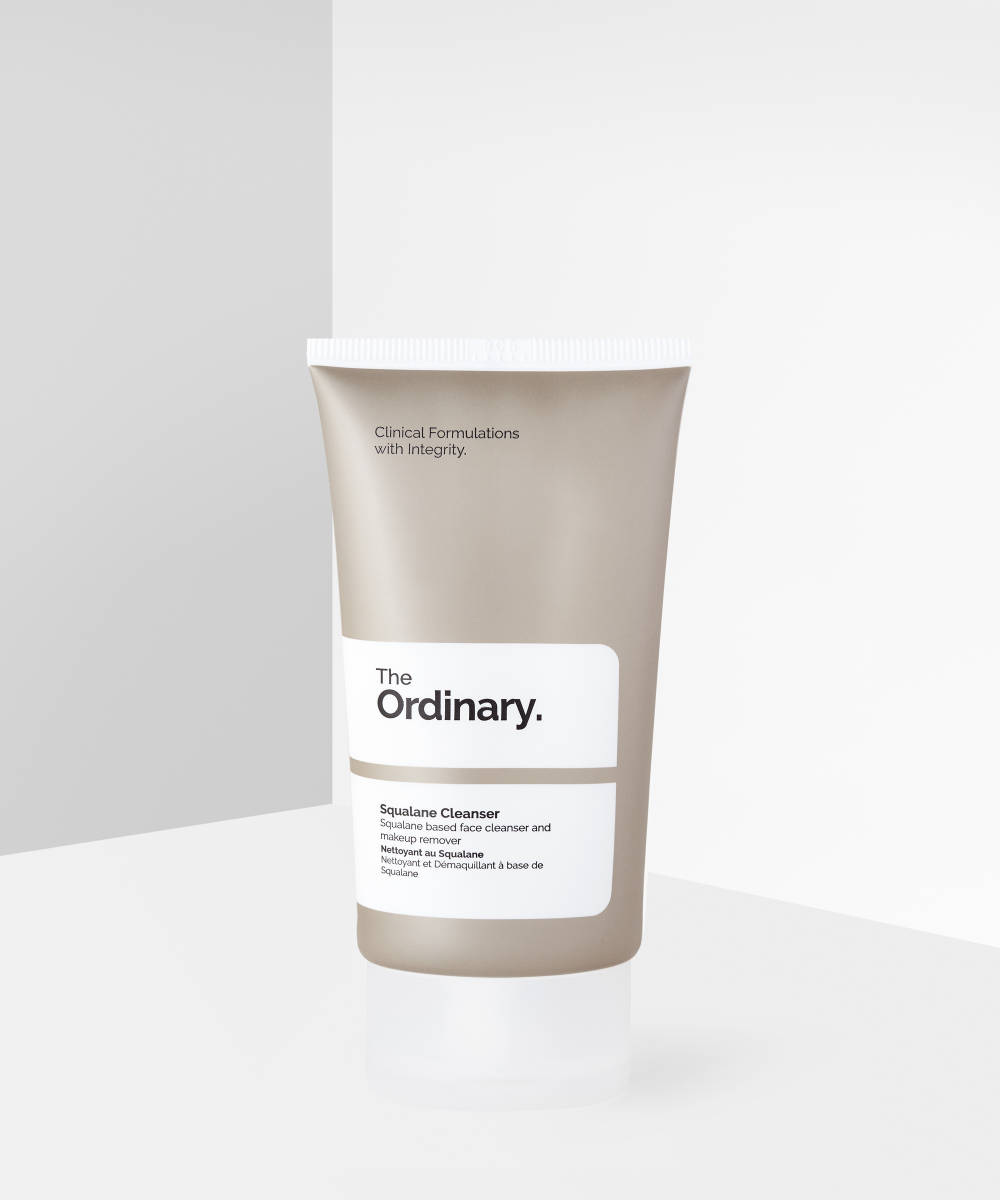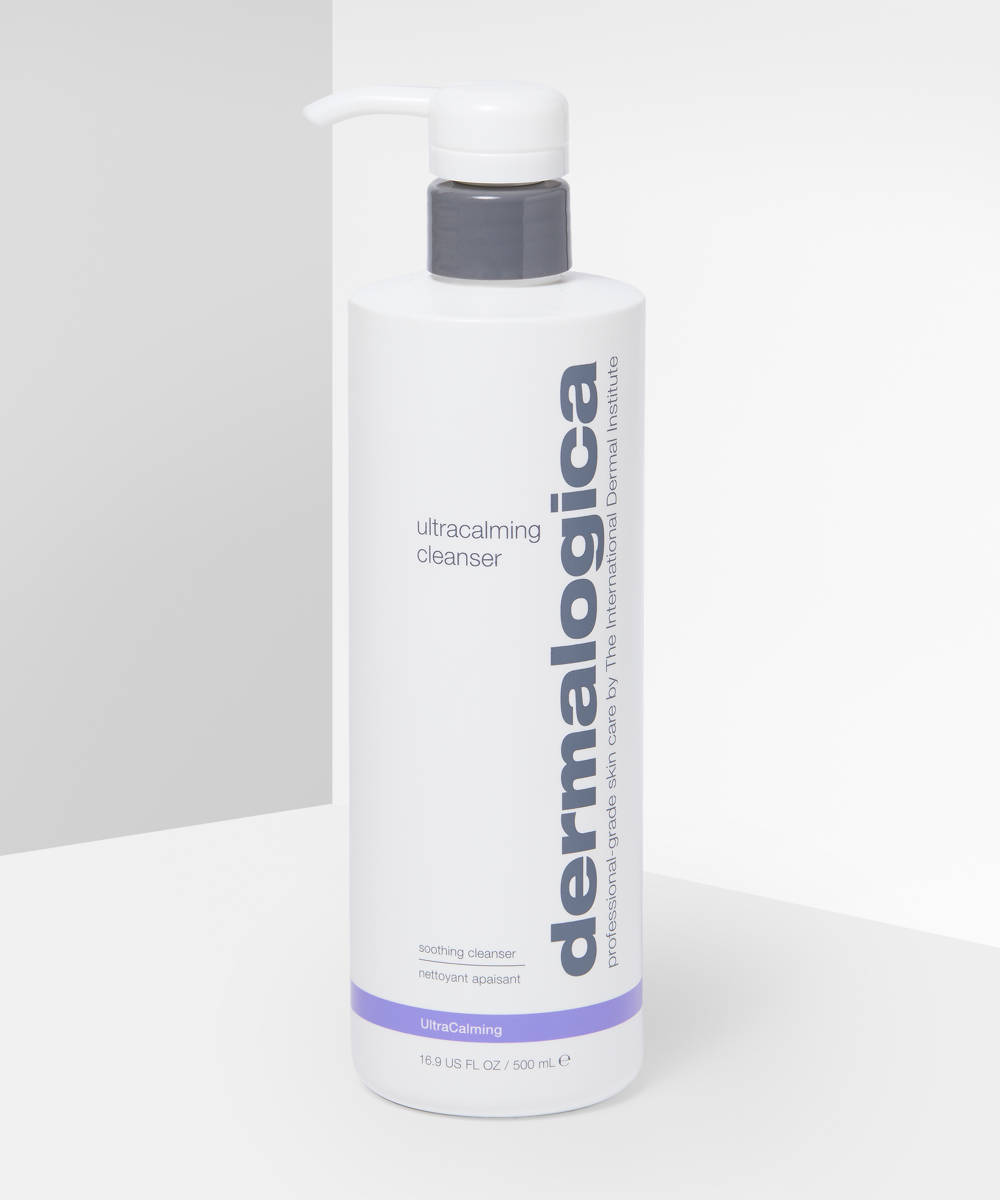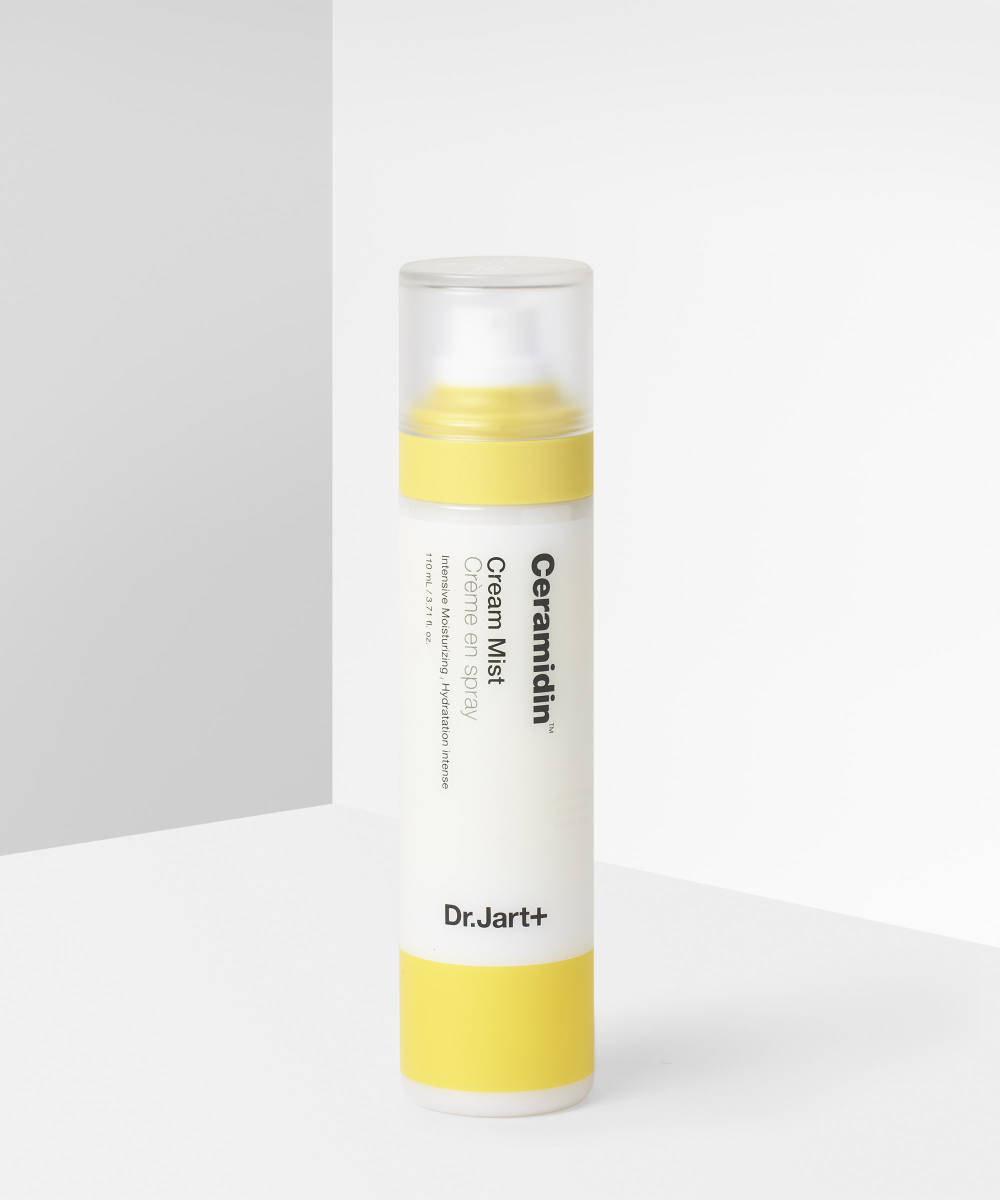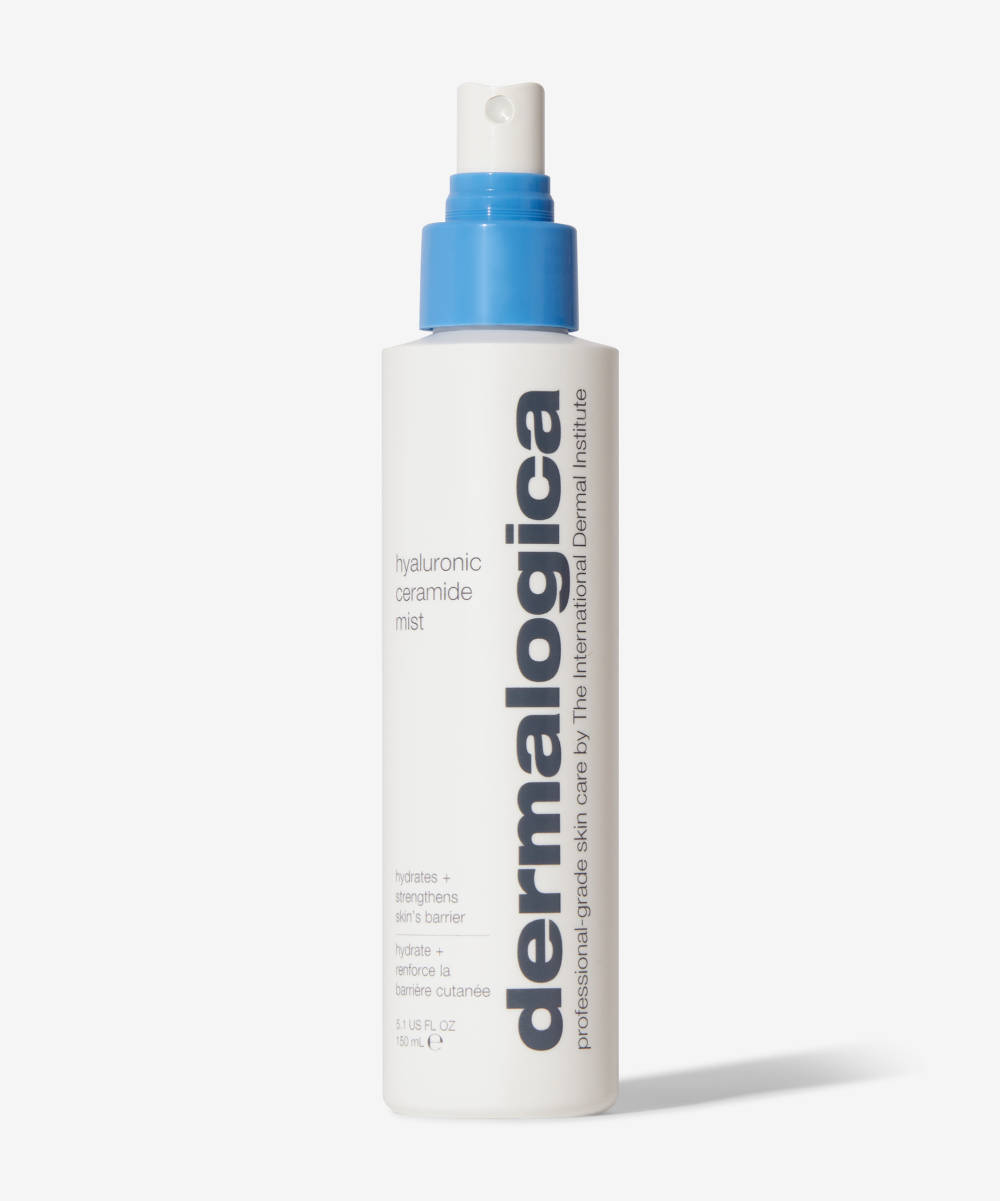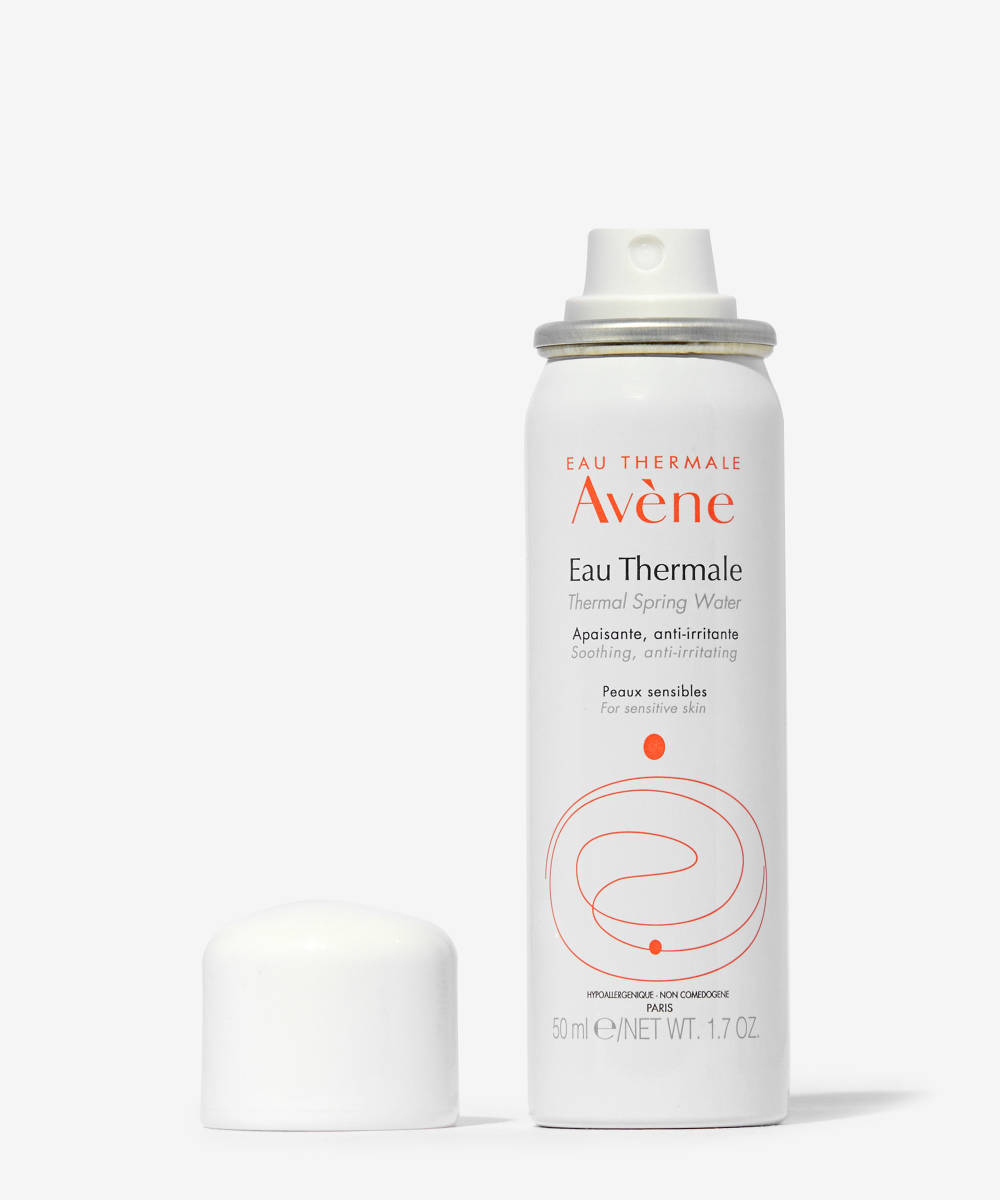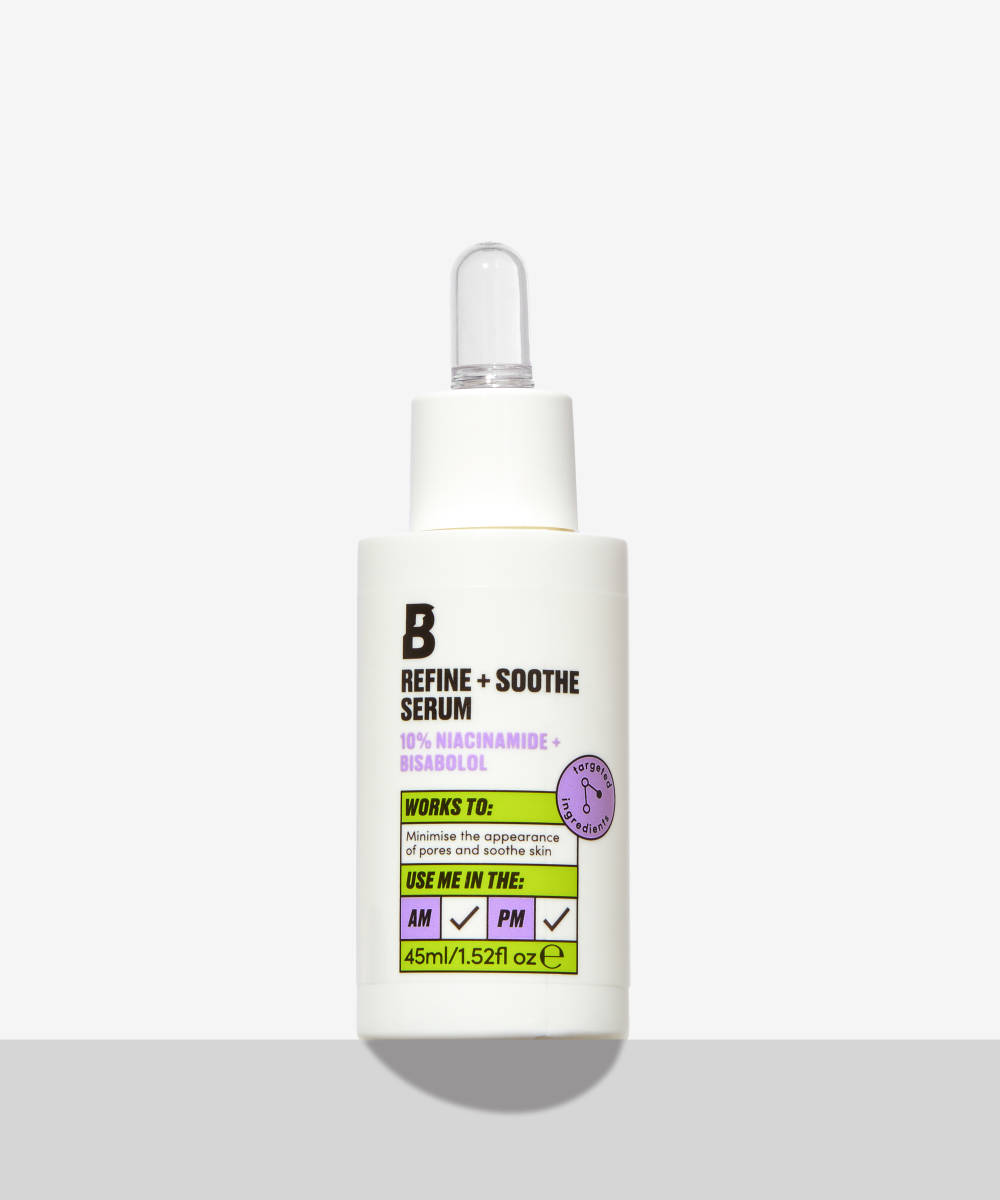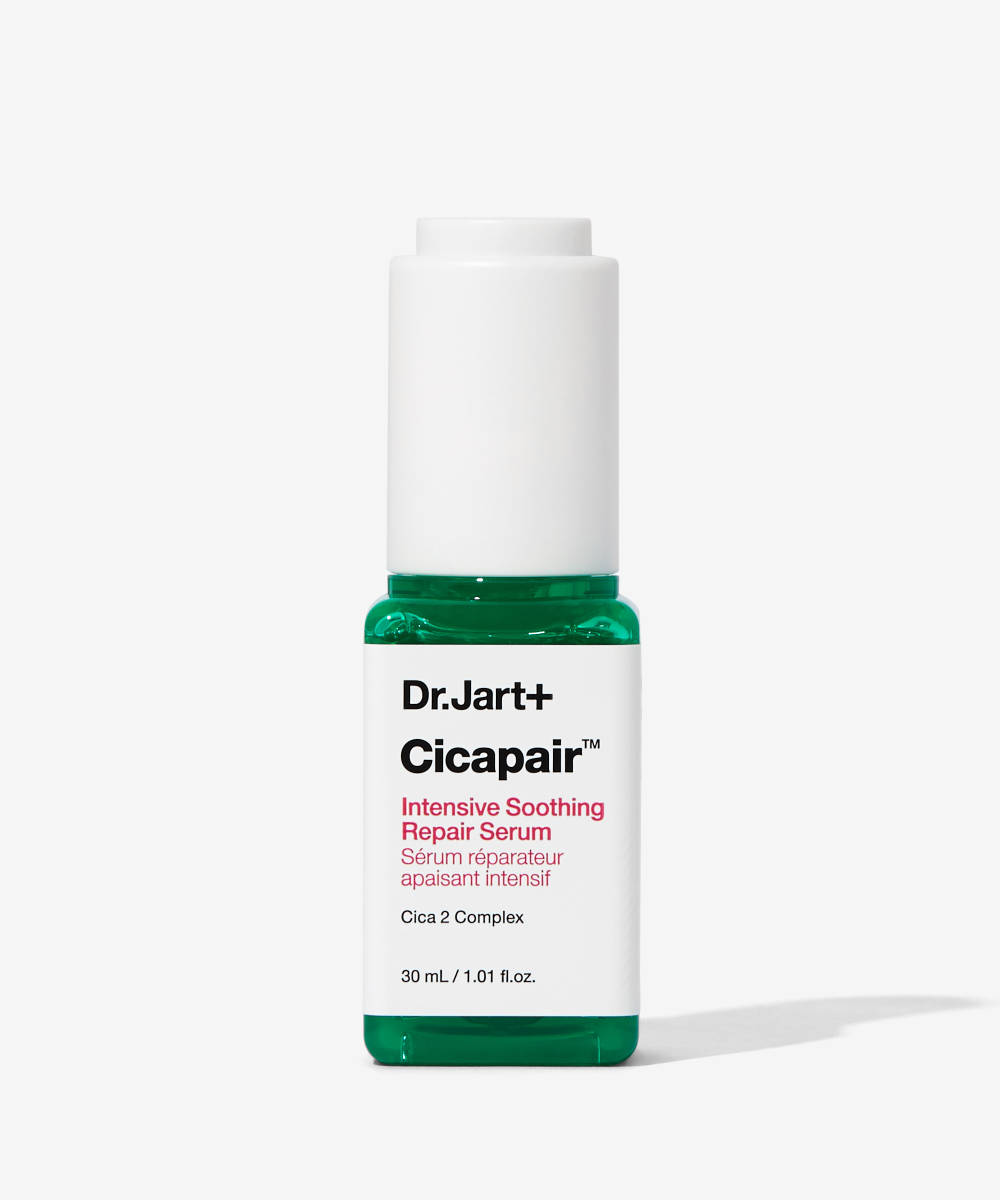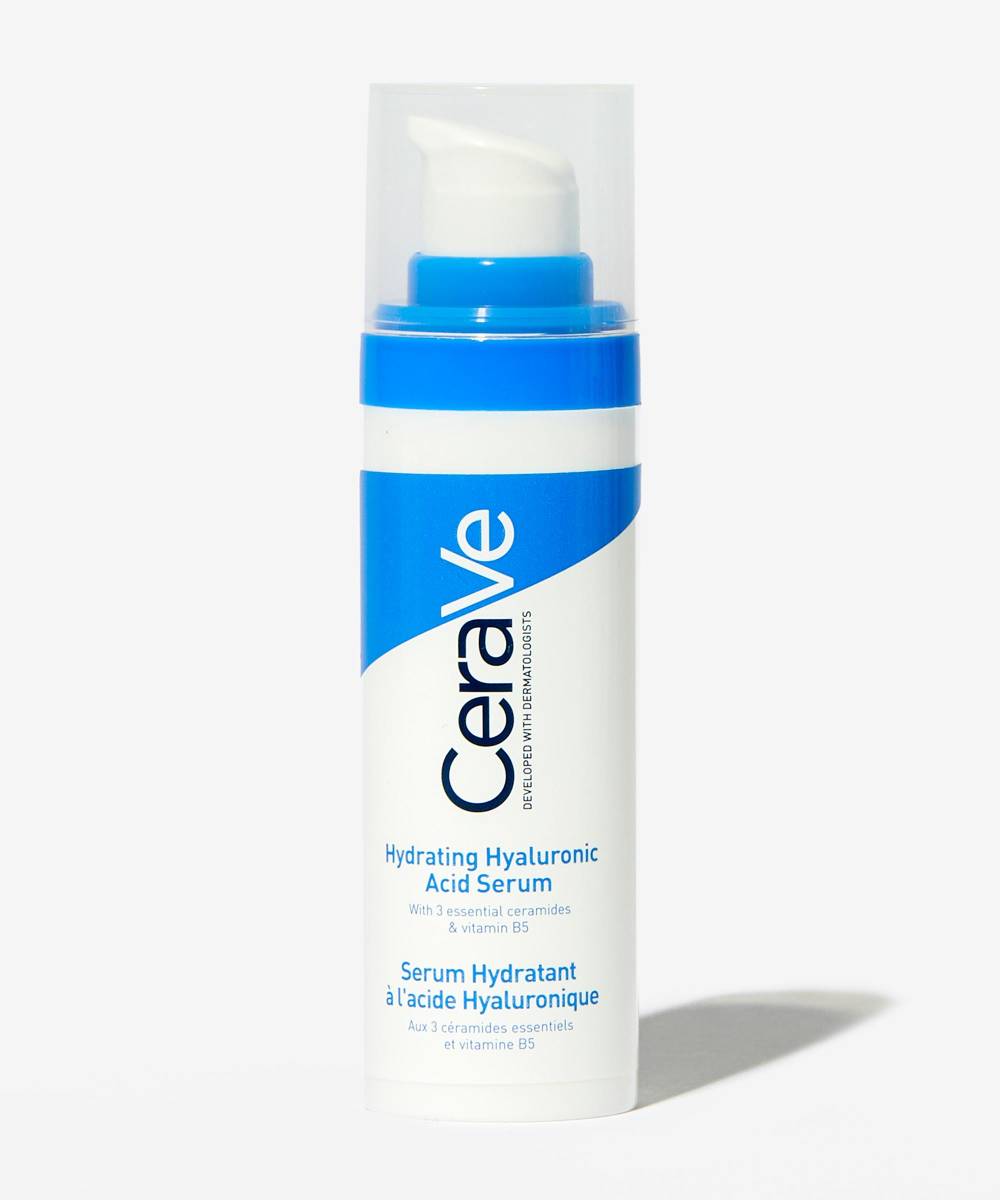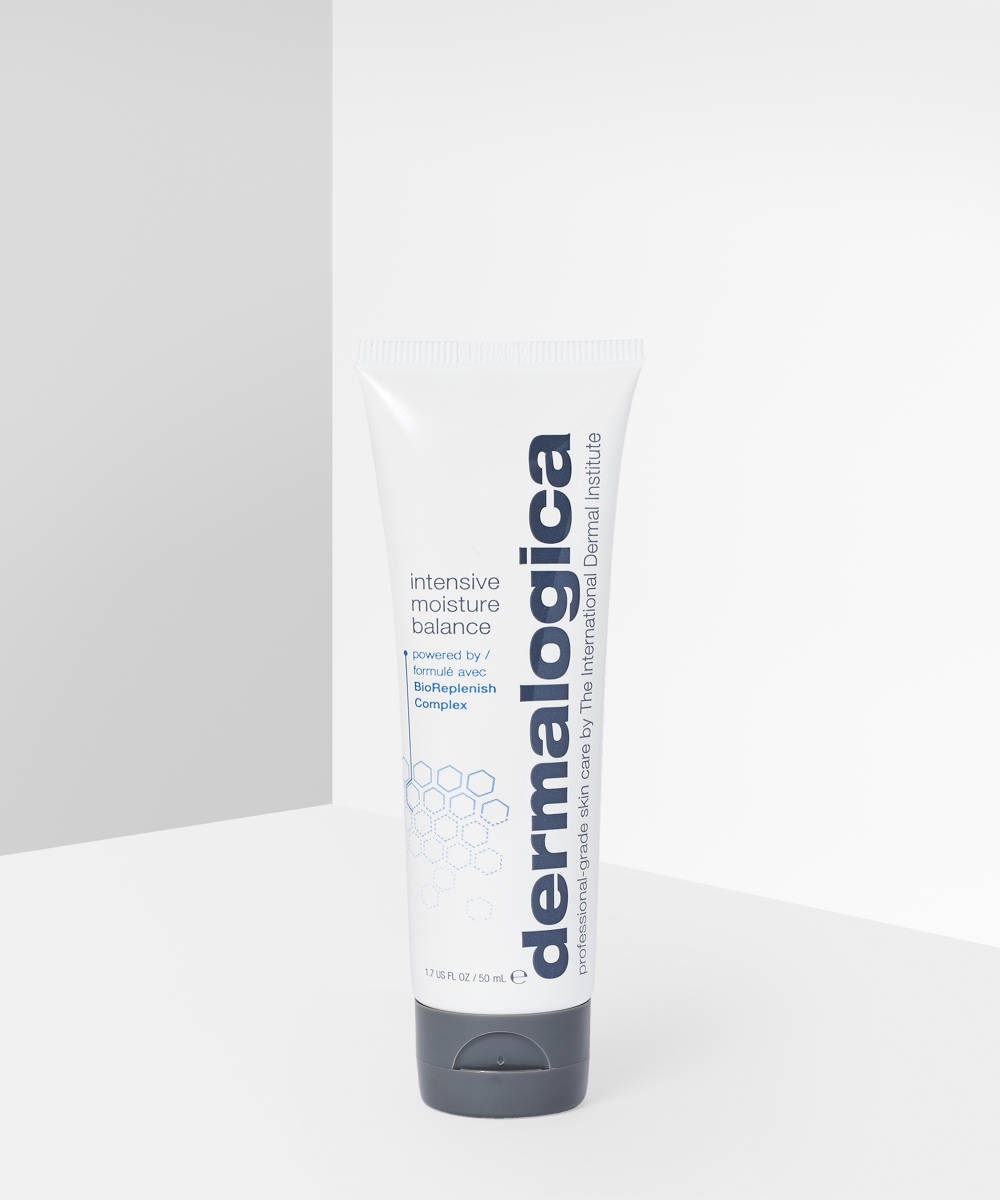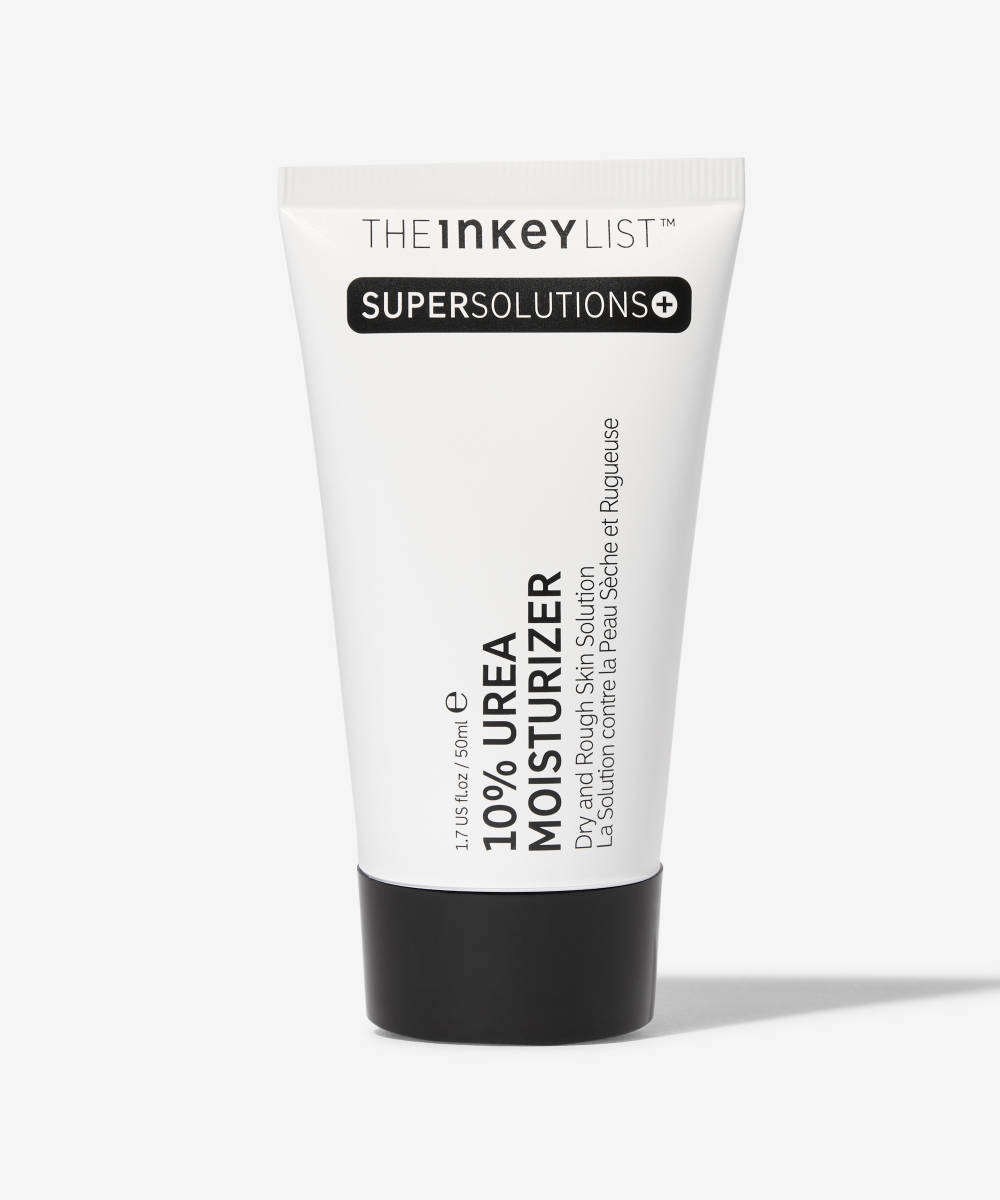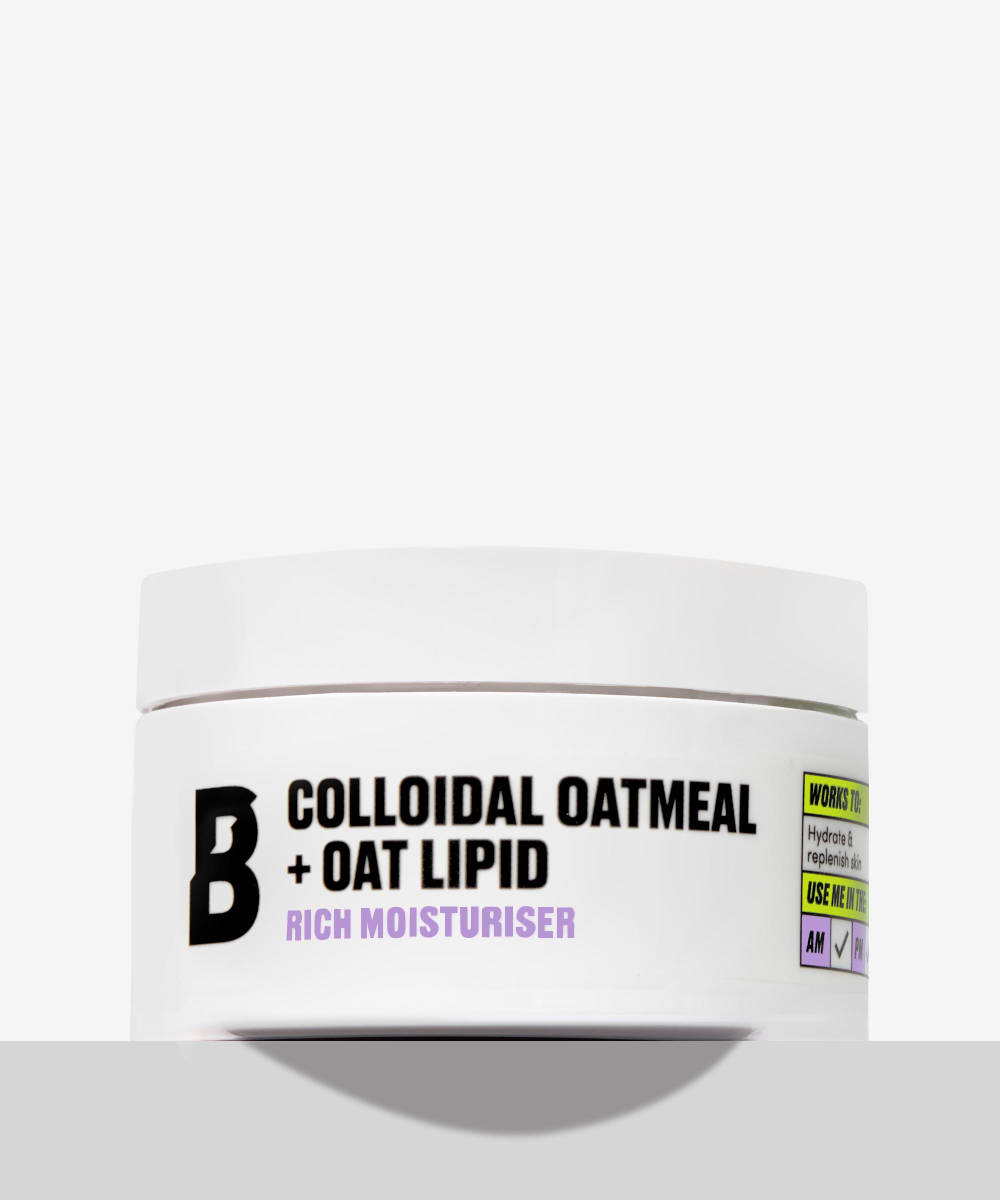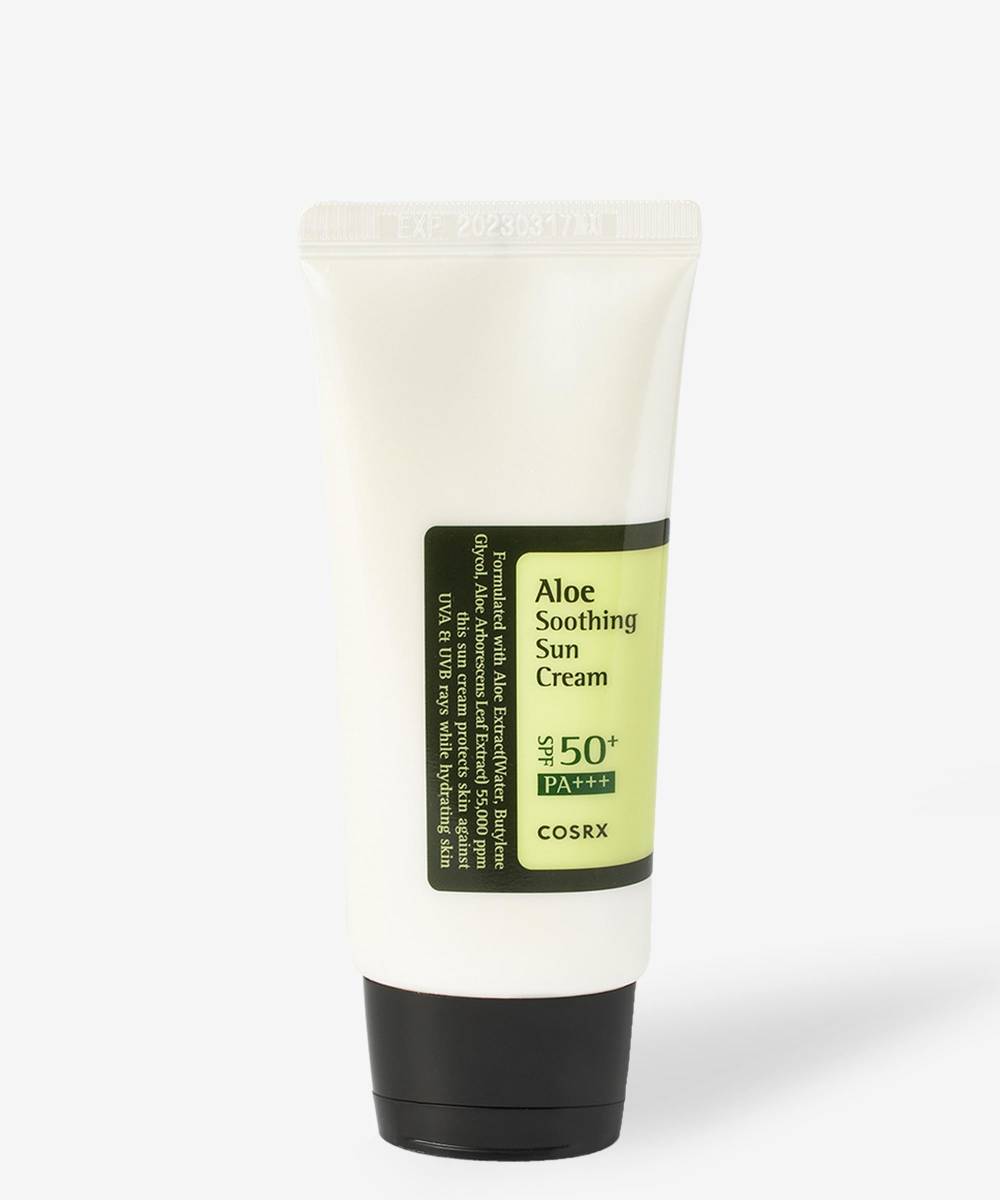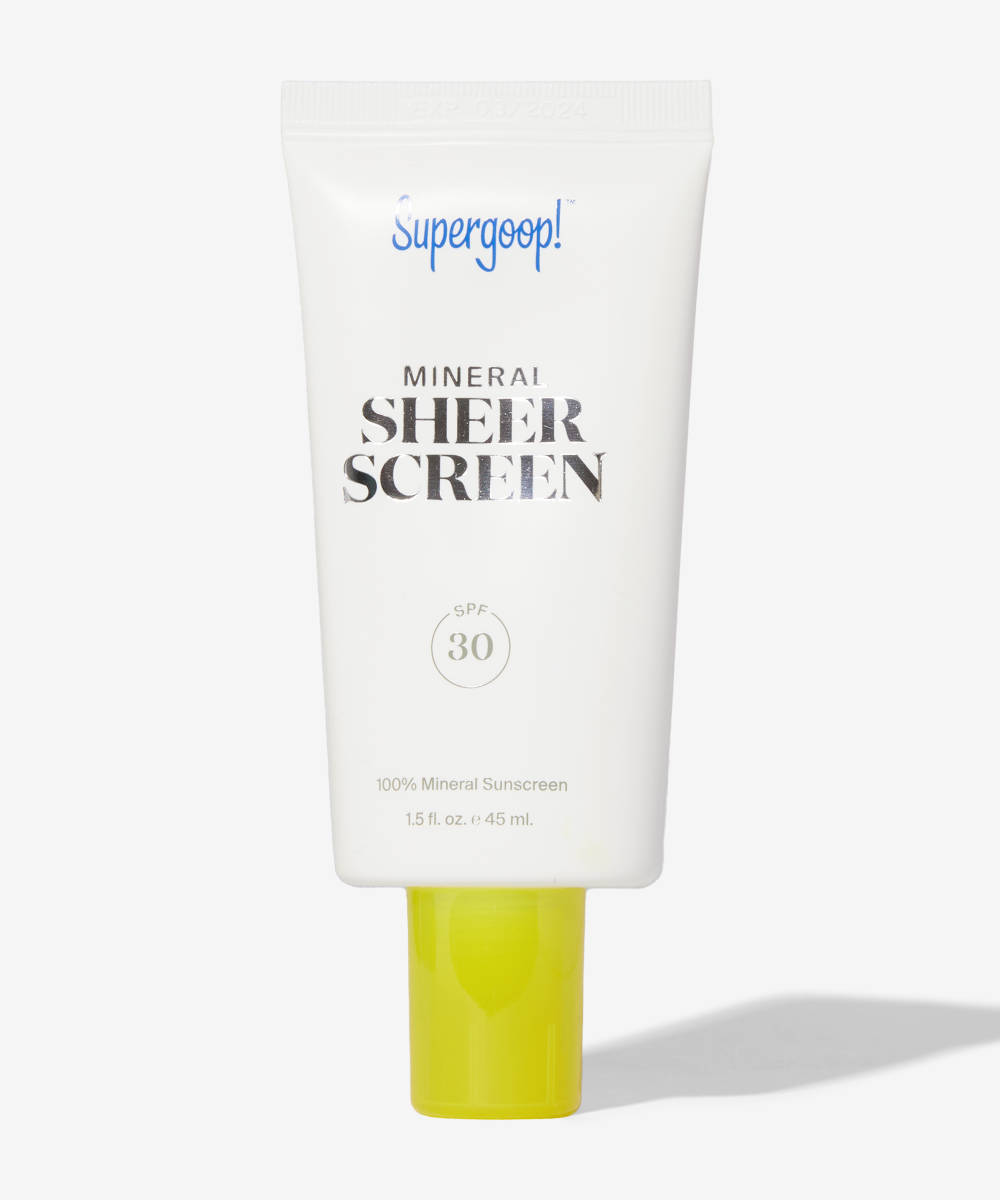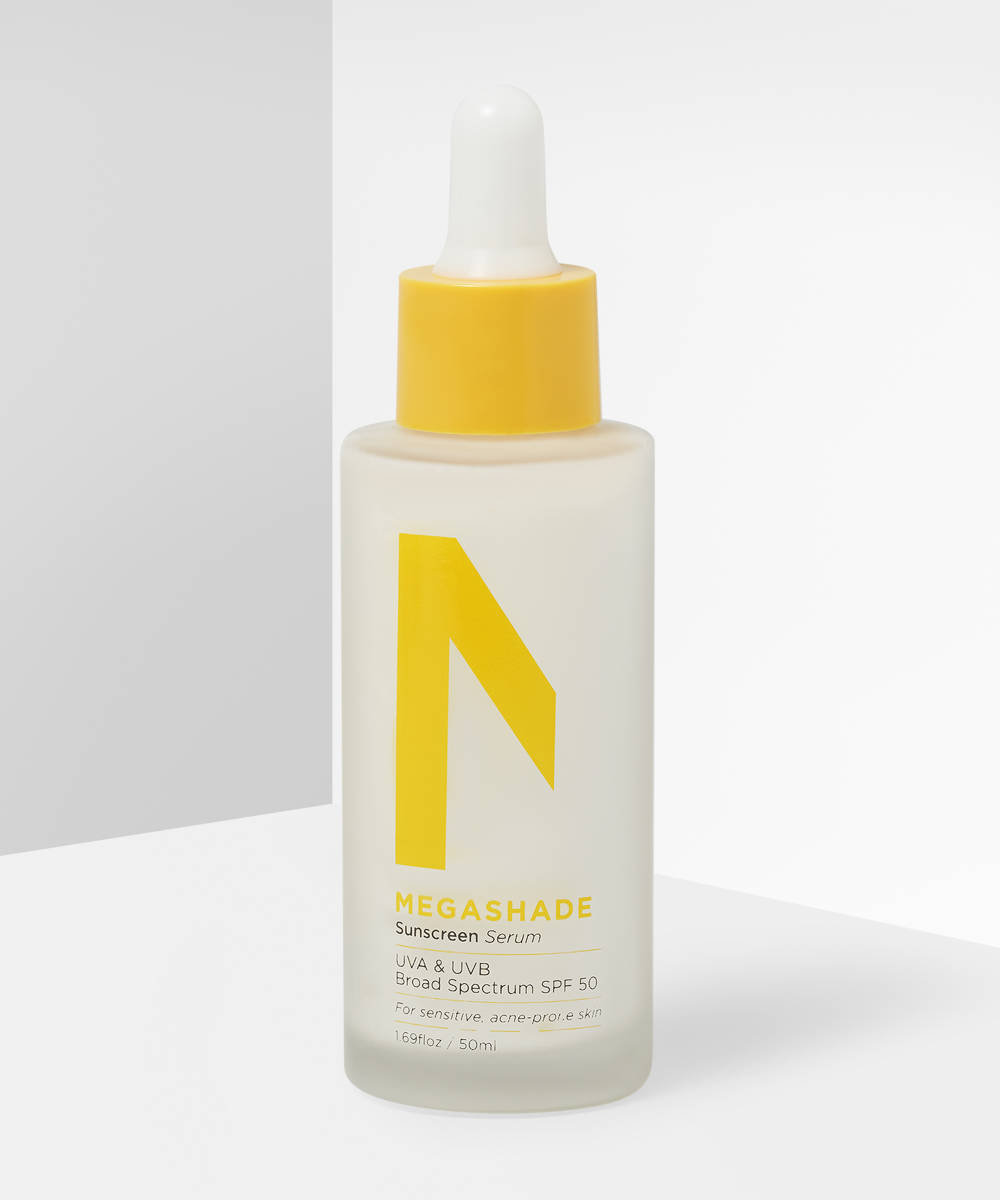Technically, sensitive skin isn’t actually a skin type – everyone’s skin experiences a certain degree of sensitivity, just some more so than others. You might find that your skin is more sensitive at different times of the month or year, or after you’ve used active ingredients like retinol or acids. Typically, sensitive skin is prone to redness, dryness, and is easily irritated, leading to small bumps, and uneven tone and texture. These flare ups can be triggered by anything from removing your makeup too aggresively, to trying a new product or a treatment, or visiting somewhere with a new climate.
If you find your skin is particularly reactive and identifies with the characteristics below more than the other common skin types, this will be a good routine for you to follow.
1. Cleanse
The best cleansers for sensitive skin are the ones that leave your skin feeling soft and calm (but still clean) after using them. You don’t need an intensive cleansing routine in the morning, so stick to light cream and gel textured cleansers with basic formulas and hydrating ingredients. Gently massage your cleanser over your face and neck, then rinse away with warm water.
The Best Cleansers for Sensitive Skin
2. Toner
Toners are primarily used for hydration but there are also plenty of options formulated to help soothe and calm sensitive skin. Look for milky formulas and ingredients like ceramides, which help to restore the skin barrier – the stronger your skin barrier is, the less likely you are to experience sensitivity and irritation.
The Best Toners for Sensitive Skin
3. Hydrating & Soothing Serum
It’s important to keep sensitive skin well hydrated, both because this helps to strengthen and support the skin barrier, and because hydrated skin is healthy skin, and healthy skin is better able to defend against irritants and reduce inflammation. At the same time, look out for skin-soothing ingredients like cica, bisabolol, and green tea. Press your hydrating serum lightly into your skin while your skin is still damp from your face mist.
The Best Serums for Sensitive Skin
4. Moisturiser
When it comes to choosing a moisturiser for sensitive skin you’ll want to avoid ingredients like alcohol, acids, and fragrance which can trigger sensitivity. Instead, look for formulas that contain soothing and nourishing ingredients like squalane, niacinamide, ceramides, cica, and aloe vera. Apply moisturiser to your skin while it’s still damp from your serum, apply a little extra on areas where you notice your sensitivity can be worse, such as around your nose.
The Best Moisturisers for Sensitive Skin
5. SPF
SPF is essential for daily wear, but it can also help to reduce sensitivity, since inflammation is aggravated by exposure to UV rays. Choose mineral sunscreens over chemical ones (which can sometimes irritate very sensitive skin. You don’t need to wear sunscreen overnight, but apply your SPF as the final step in your morning skincare routine before makeup.
